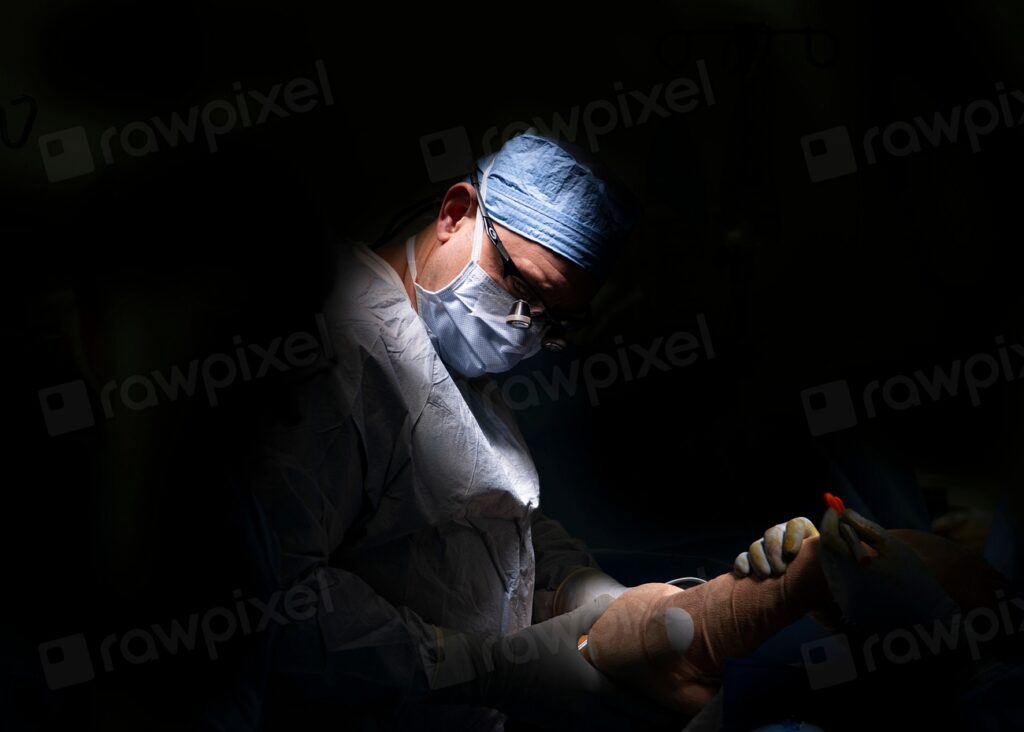Gastrointestinal (GI) health is a major component of overall well-being. When digestive issues arise, specialists employ various diagnostic tools to understand the underlying cause. One common procedure is a colonoscopy, which involves using a thin, flexible tube with a camera to examine the colon or large intestine. This examination helps physicians identify abnormalities and can be a key part of evaluating conditions like diverticulitis after an acute episode has resolved. Here’s more information on diverticulitis and how GI specialists diagnose and treat this condition:
What Is Diverticulitis?
Diverticulitis is a condition characterized by the inflammation or infection of small, bulging pouches called diverticula that can develop in the lining of the digestive system. These pouches are a feature of a condition known as diverticulosis. While diverticula can form anywhere in the colon, they are often found in the lower, sigmoid portion.
The development of diverticulosis is frequently associated with age. Other factors that may contribute include a diet that is low in fiber, which can increase pressure inside the colon. When one or more of these pouches become inflamed or infected, the condition is referred to as a diverticulitis episode. Individuals experiencing an episode may present with several symptoms, including:
- Abdominal Pain
- Abdominal Distention or Bloating
- Fever
- Nausea and Vomiting
- Rectal Bleeding
- Constipation
How Is Diverticulitis Diagnosed?
A GI specialist diagnoses diverticulitis based on a comprehensive evaluation, typically starting with a discussion of the patient’s medical history. A physical examination is done to assess the location and severity of abdominal tenderness. Further diagnostic steps may be taken to confirm the diagnosis and rule out other conditions with similar symptoms. These steps can include laboratory tests, imaging studies, and, in some cases, an endoscopic colonoscopy evaluation once the initial inflammation has subsided.
Imaging and Laboratory Evaluation
Imaging studies are a primary tool for diagnosing acute diverticulitis, and a computed tomography (CT) scan of the abdomen and pelvis may be required. CT scans visualize the colon and surrounding tissues. This scan can confirm the presence of inflamed diverticula and identify potential complications, such as an abscess. Laboratory tests, including a complete blood count (CBC) to check for signs of infection and tests for inflammatory markers, can provide additional information to support the diagnosis.
Endoscopic Evaluation
While a colonoscopy is not typically performed during an acute episode of diverticulitis due to the risk of perforation, it may be recommended after the inflammation has resolved. A colonoscopy involves inserting a colonoscope, a long, flexible tube equipped with a light and a camera, into the rectum. This procedure allows the physician to assess the extent of diverticulosis and exclude other possible diagnoses, like polyps or colorectal cancer, which may sometimes present with similar symptoms.
How Is Diverticulitis Treated?
The management of diverticulitis depends on the severity of the condition and its complexity. For uncomplicated cases, treatment is often conservative. This may involve a temporary modification of diet, like a clear liquid diet, to allow the colon to heal. In certain clinical scenarios, a physician may determine that antibiotics are appropriate to treat a suspected infection.
For more complicated cases, like those involving a significant infection, abscess, or perforation, hospitalization may be necessary. In these instances, treatments involve intravenous antibiotics or procedures to drain an abscess. Surgery to remove the affected portion of the colon may be recommended for recurrent episodes or severe complications.
Schedule a Colonoscopy Appointment
Diverticulitis is an infection in the intestinal tract. If untreated, it can lead to the spread of infection. If you are experiencing concerning symptoms or have risk factors for colonic diseases, discuss them with a GI specialist. A specialist evaluates your individual health profile and determines the appropriate timing for diagnostic evaluations and any necessary follow-up care.



